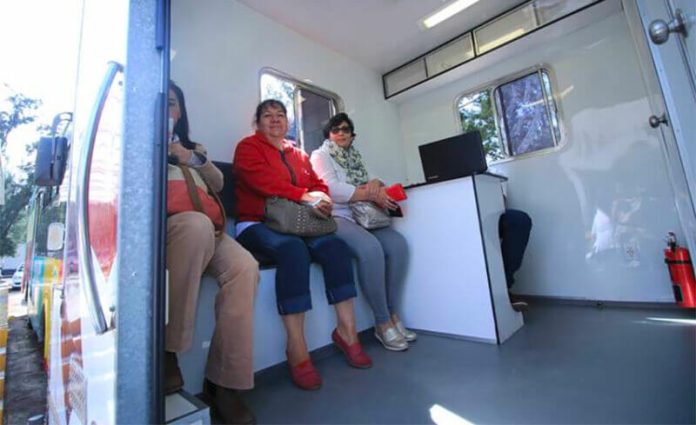The administration of former Michoacán governor Silvano Aureoles threw millions of pesos at a campaign to improve breast cancer diagnoses, but the results were less than stellar.
In fact, only two of every 10 women diagnosed with breast cancer survive in the state.
The firm Movimedical received 332.9 million pesos (about US $17.3 million in 2018) from the state government to operate mobile testing units. But during Aureoles’ term from 2015 to 2021, 1,758 positive breast cancer cases resulted in 1,448 deaths, 82.3% of the total, the newspaper Milenio reported.
Movimedical failed to meet its contractual targets, to provide the stipulated services, and vitally, to deliver diagnoses promptly. The eight contracts signed between state and provider from 2015 to 2021 required Movimedical to perform mammograms, breast ultrasounds and, in positive cases, breast biopsies. But the work was limited to mammograms, and on some occasions the company failed to provide even that, according to the report by Milenio.
In 2016 the company performed 5,060 mammograms fewer than those agreed upon; in 2017 it fell short by 2,085. In 2020, the year in which the COVID-19 pandemic began, the number of mammograms performed nosedived, but Movimedical was still paid 91.9 million pesos.
In at least one case, the company delivered mammogram results eight months late. Martina Anguiano only knew her results were cause for concern when she was told “you have to do more studies” eight months after being examined. By contract, Movimedical was supposed to deliver the results within 15 business days. In Martina’s case and many others, positive results were communicated late, by which point the cancers had spread.
Failures in state health policy have led activists to describe the avoidable deaths as “institutional femicides.”
“The victims are hundreds of women who, year after year, die from poor care due to omissions, negligence and corruption,” said Circe López Riofrío, head of Michoacán feminist organization Humans Without Violence.
“We see how corruption kills … they are mechanisms that are institutionalized,” she added.
The transition to a new administration in Michoacán has caused complaints that access to services has become even worse. When challenged on access to care, the new minister of health, Elías Ibarra Torres, offered a response low in urgency. “We are just in the process of reviewing how the programs operated and what we were left with … we are learning how the situation is in each area,” he said.
With reports from Milenio
